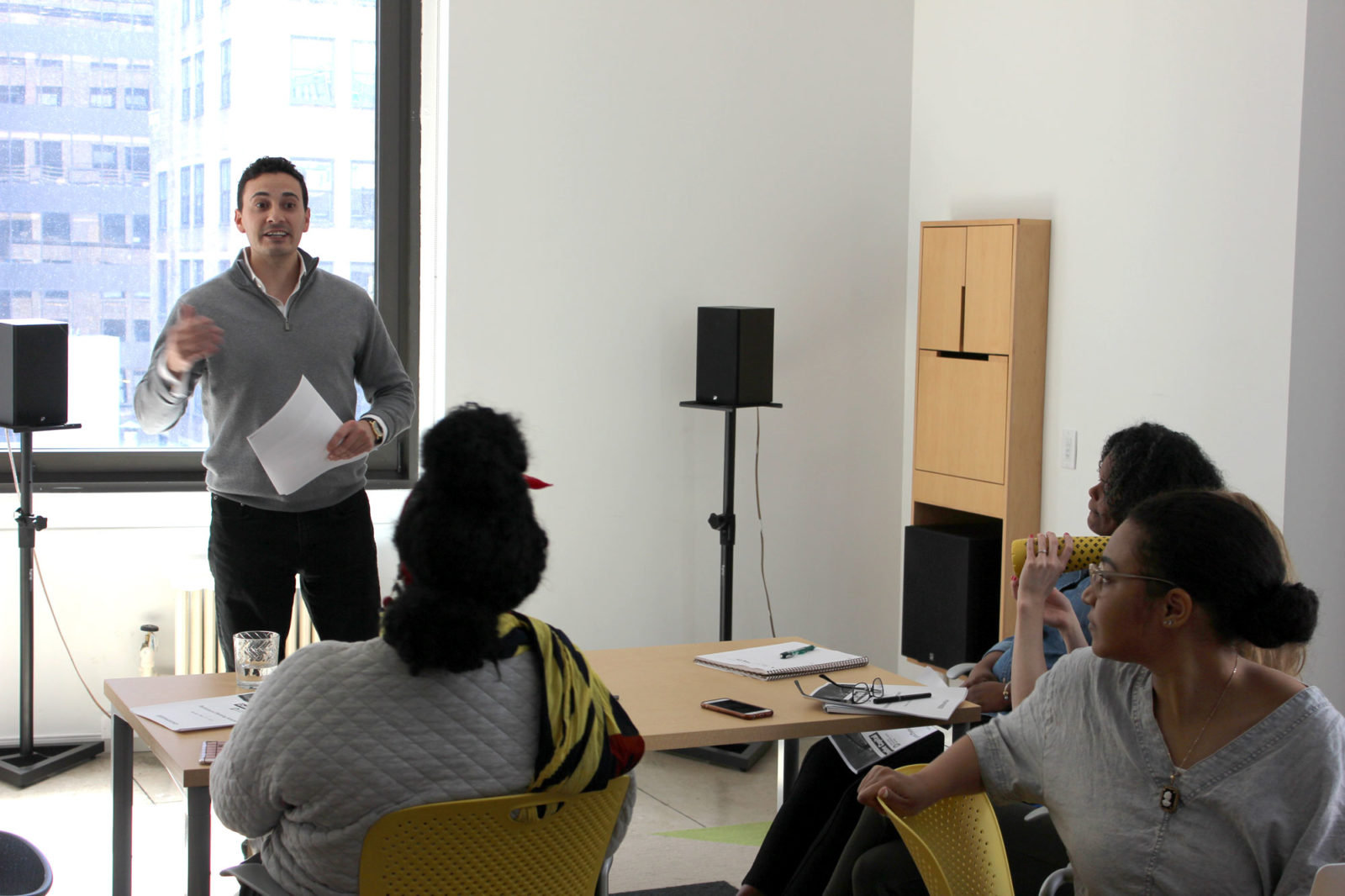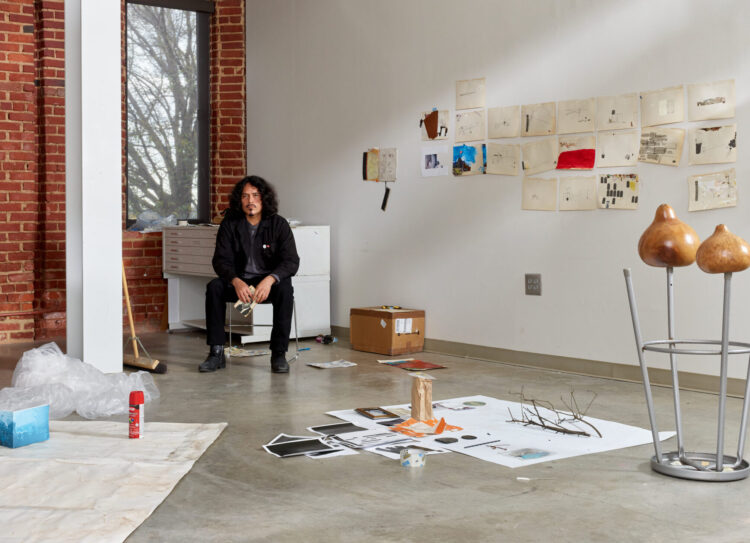Finance Tips for Artists From Two Professionals

As an artist, finances are probably the last thing you want to focus on in your practice. That’s why we spoke to two financial experts who have helped our awardees. Julian Schubach is a financial advisor with ODI Financial, which specializes in wealth management and estate planning for successful artists and entertainers as well as many different non-profit organizations. Shelley Fischer became a Certified Financial Planner® (CFP) after many years working at Sotheby’s, lending money to art collectors. Now, she provides assistance to artists, gallery owners, private art dealers, performing artists, film and TV directors, and many other professionals and freelancers.
Our Winter Artist Services intern, Kate Bussert, asked them some questions to help artists plan their finances effectively.
Kate Bussert: What are some of the most common resources or options that artists do not know about when saving for retirement? How can they find out about these resources or options?
Shelley Fischer: Artists are like most other people, and really don’t know a lot about saving, in general, for near or far-off goals, including saving for retirement. Financial literacy is not taught well enough—or often not at all—and unless we were brought up with good financial scripts and habits (most people were not), we just don’t know enough about what to do and how to do it. To respond specifically about resources and options, either work with a CFP® professional (for a fee, not a commission or for managing your finances) to understand your own specific situation and plan for your own goals, and/or read, attend open workshops (the NY Public Library has financial literacy programs), and/or take a class.
There are many different options for saving vehicles and they all have different contribution limits, tax advantages, earnings limitations, so learn what works best for your particular situation.
My philosophy is that we work hard for our money and our money should work for us. None of this is about money per se, but ultimately about having the freedom, the options, to live how we want to live now and throughout our lives. It takes some learning and understanding, and it CAN be done.
Julian Schubach: Bob Lefsetz runs a very interesting blog for the artist community and sheds insightful wisdom that many of our clients enjoy reading.
My company, ODI Financial, has a newsletter, called “What Could Possibly Go Wrong.” It’s a free resource to help artists avoid common pitfalls. You can sign up for the newsletter by emailing me at [email protected].
For information about saving for retirement, investopedia.com provides a wonderful introduction to getting started.
Over the years we have come to know many highly qualified accountants and attorneys specializing in the arts. Their insight and experience can be an invaluable resource for successful artists. It’s important to work with a professional who you feel comfortable with and understands the intricacies of planning in the creative space. If you need a referral, please ask and I will try to guide you to the right person.
Kate: Many artists put off saving for retirement because having a variable income makes it hard to justify putting any money away into an inaccessible account. Do you have any advice for them?
Shelley: Yes, definitely: work with someone to help you figure out what works for you, specifically. Save in buckets for different things. One of those buckets is for retirement, one is for an emergency fund, one is for spending during leaner times, one is for other medium-term goals—it’s all about being organized, having a system, simplifying, and making saving automatic. Some people think they need a certain amount of money or they don’t have enough. In my experience, anyone can learn to manage their money well—no matter how much, no matter how little.
We planners often say that failing to plan often results in planning to fail. Failure, financially, usually means debt, anxiety, and even illness due to stress… or worse. It does not have to be that way.
Julian: There are plenty of ways to save while keeping your money accessible. Mutual funds give you access to a variety of investments, from conservative to aggressive, while still maintaining relatively quick access to your money. We strongly advocate automated contributions which, when combined with the magic of compounding, leads to significant savings for retirement and other needs. Just make sure to match your investment time horizon with an appropriate investment strategy.
Kate: Is there anything else you’d like to share with our artists?
Julian: Save. Save. Save! Unpredictable and erratic income rarely aligns with the constant overhead of bigger and better lifestyles. Planning is crucial. The sacrifices you make today can help secure your financial future.
Shelley: There are ways to stabilize income and spending, it takes some work at the beginning, then ultimately, with a system that works for you, it will get easier—for the rest of your lives. Not dealing with it doesn’t make it go away!
